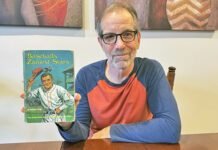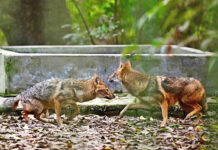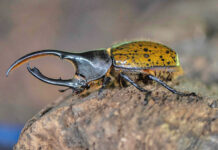CNA – The unmistakable scent drifts through your neighbour’s window and follows you past the fruit stall. Even at the supermarket, where cellophane wrapping tries to contain it, there’s no escaping its distinct aroma.
It’s durian season, and your nose knows it.
Love it or loathe it, the king of fruit is having its seasonal moment.
Beyond its thorny exterior and yellow flesh, what else do you know about this spiky fruit? Can you enjoy durian with beer, and how do you choose the best one? Here are some intriguing facts to ponder as you savour its creamy, pungent pulp.
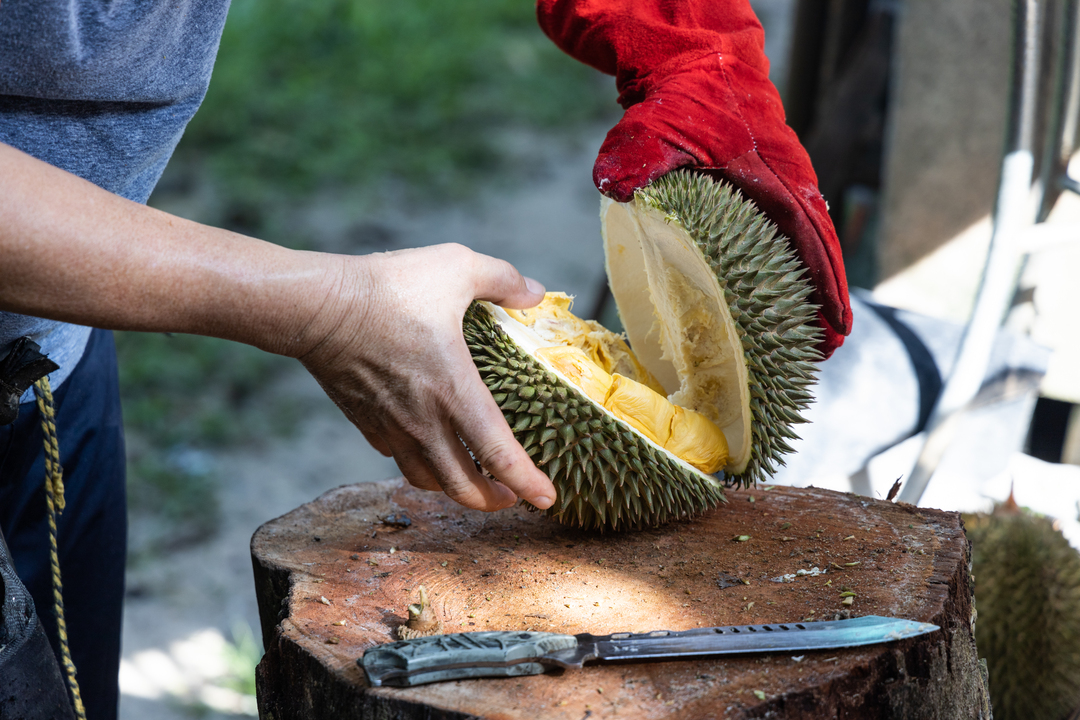
- A DURIAN HAS MORE GENES THAN YOU
The durian genome, specifically the musang king variety, comprises approximately 46,000 genes – double that in humans who have about 23,000 genes, according to the scientists from Humphrey Oei Institute of Cancer Research, National Cancer Centre Singapore and Duke-NUS Medical School, Singapore.
- IT’S RELATED TO COCOA
The same team of researchers also traced durian’s evolution back to 65 million years ago and discovered that it is related to the cacao plant from which we get chocolate.
Perhaps that is why durian, like chocolate, contains tryptophan, an amino acid that gets converted into serotonin, a neurotransmitter responsible for making us feel happy and relaxed.
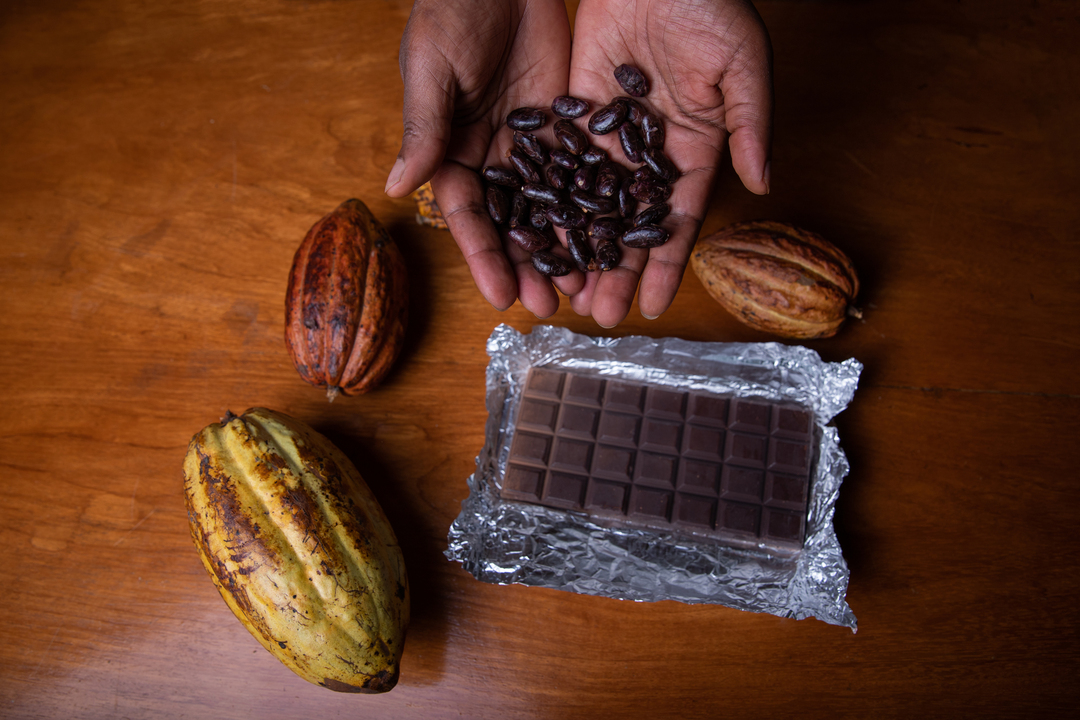
- WHY DURIAN SMELLS LIKE SULPHUR
The distinctive smell of durian is courtesy of a group of genes called methionine gamma lyases or MGLs. These genes regulate the production of odour compounds called volatile sulphur compounds (VSCs).
“Our analysis revealed that VSC production is turbocharged in durian fruits, which fits with many people’s opinions that durian smell has a sulphury aspect,” said co-lead author Professor Patrick Tan from Duke-NUS Medical School.
So, why is there a need for durian to smell in the wild? An ability to pump out high levels of VSC could be important to attract animals to eat and disperse its seeds, the experts speculated.
- IT’S MORE NUTRITIOUS THAN YOU THINK
Did you know durian has pretty decent levels of Vitamin C? A cup of just the flesh or about half of the entire thorny fruit covers 80 per cent of your daily requirement of the vitamin (daily quota of 90mg for men; 75mg for women).
Sure, you could also get your daily Vitamin C fix with a medium-sized orange a day (about 60mg) but who wants a citrus when you can have durian? Plus, durian is also naturally rich in potassium, fibre, iron and Vitamin B complex.
That doesn’t give you the go-ahead and indulge in a whole fruit every day of the season. A typical one kg durian has close to 1,350 calories and one seed (about 40g) has 54 calories. But what it doesn’t have is cholesterol (that only comes from animal products) and in fact, has heart-healthy monounsaturated fats to help lower bad LDL cholesterol levels.
- YOU CAN EAT DURIAN SEEDS
Uncooked seeds are probably a no-go because of the taste. But the starchy interior can serve as a pretty interesting alternative to potato. Yes, the seeds can be cleaned, boiled in salt water, peeled, sliced thinly and deep-fried to create durian seed chips.
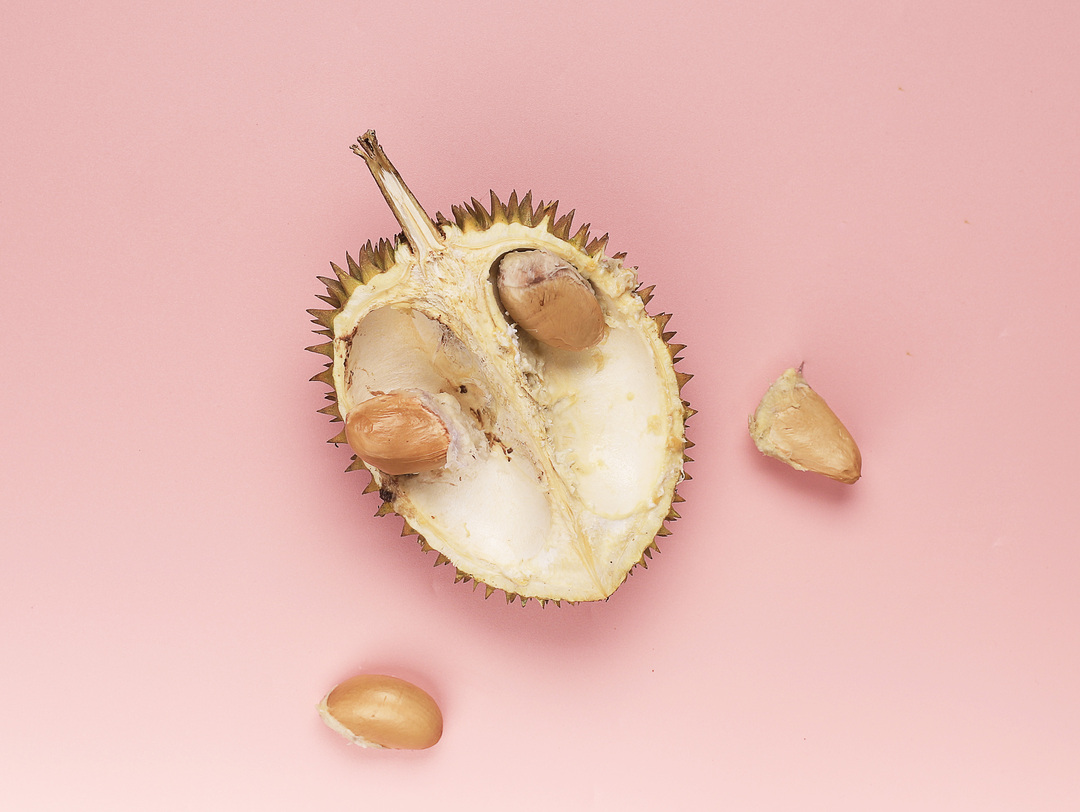
- THEY CAN BE MADE INTO GEL BANDAGES
Those spikes may make getting to the fruit a chore but Nanyang Technological University (NTU) food scientists have found a use for them: Making antibacterial gel bandage.
The process extracts cellulose from durian husks to create a soft gel, which they press into silicon sheets and cut into bandages of various shapes and sizes. Natural yeast phenolics, the organic molecules produced from baker’s yeast, are then added to make the bandages deadly to bacteria.
- DURIAN SEEDS IN YOGHURT?
Using a patented technique, an NTU team has successfully harvested a thick gum from durian seeds that can be used as a plant-based food stabiliser.
Food stabilisers such as gelatine and pectin are what give foods such as soft sweets and yoghurt a uniform texture and prevent them from separating into their various ingredients.
Not only that, the gum is also found to support probiotics and help maintain a healthy digestive system.
The durian seed food stabiliser is found to be 20 per cent more effective in prolonging the lifespan of probiotics, according to the team. – Khoo Bee Khim












